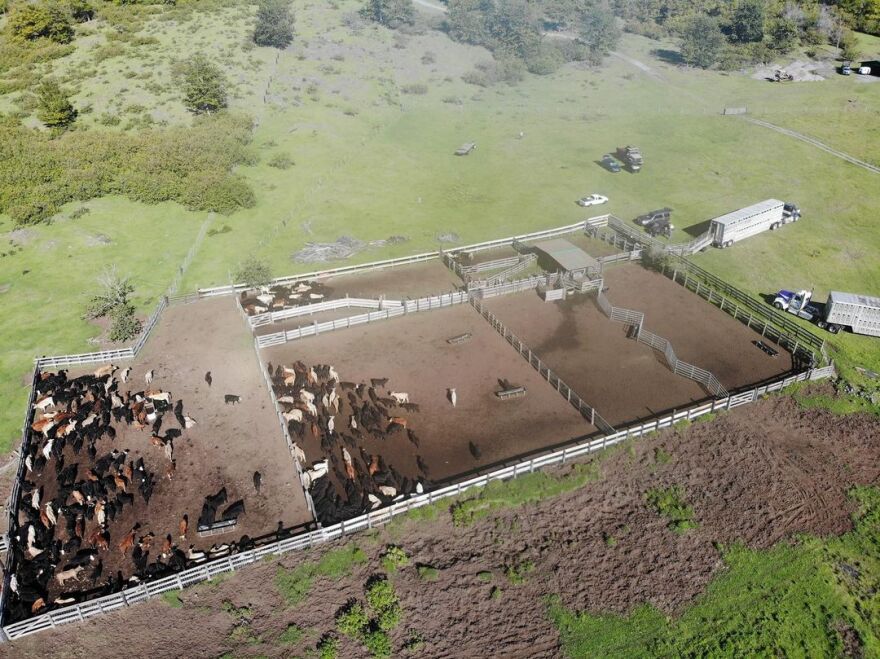Hawaiʻi’s ranchers say they need help to stay in business. A group was set to meet with state lawmakers Monday, seeking their support for a number of measures before the Legislature.
They say they cannot continue to watch pasture land reduced year after year under state land leases that are not managed by the Department of Agriculture.
A priority is to have some 100,000 acres of public pasture and farmland transferred from the Department of Land and Natural Resources to the Ag Department. Two decades ago, lawmakers passed Act 90 in an effort to help ranchers and farmers by allowing the transfer, but they say there has been little progress.
The Conversation talked to three women who know about local ranching: Nicole Galase, the director of the Hawaii Cattlemen's Council; Jeri Moniz with K.K. Ranch in Pa’auilo on Hawaiʻi Island; and Lani Petrie with the 163-year-old Kapāpala Ranch in Ka’ū.

"Every time land or lands use gets amended or changed, everybody overlooks the economic impact to the ranch itself and remaining viable," Petrie said.
Raising Hawaiʻi beef is hard work, but they want the public to understand their value in the economy and the ʻāina.
Cattle producers say they do far more than just put local beef on the table.
"Cattle ranching can be a really great way to ensure that the land is being stewarded as well as food is being produced. Ranchers are on the ground, doing invasive species removal, keeping open spaces open, keeping water infrastructure going, these are all really important ecosystem services that ranchers provide to the community at no cost to them, but the benefit does go to them," Galase said.
At the Legislature, the bill to help facilitate the transfer of lands from the DLNR to the Agriculture Department has passed the Senate and is on its way to the House. According to the bill, 300 parcels of about 19,000 acres have been transferred over the last 17 years, but many parcels still remain with the DLNR.
"Our worry is that these lands are staying with the DLNR because there are other purposes for them. But it is not agriculture," Galase said. "There are always going to be competing uses for land, but what we've seen is that the number of acres in pasture over the years is declining. That's not something we can get back easily."
The women are hopeful the community understands their struggles to stay viable to produce food for the islands.
"If every single rancher could keep every single cow, or every single animal in this state to utilize in the state, we would if it was economically viable. But we just cannot, we don't have enough land to raise them up," Moniz told The Conversation.
This interview aired on The Conversation on March 10, 2023. The Conversation airs weekdays at 11 a.m. on HPR-1.





